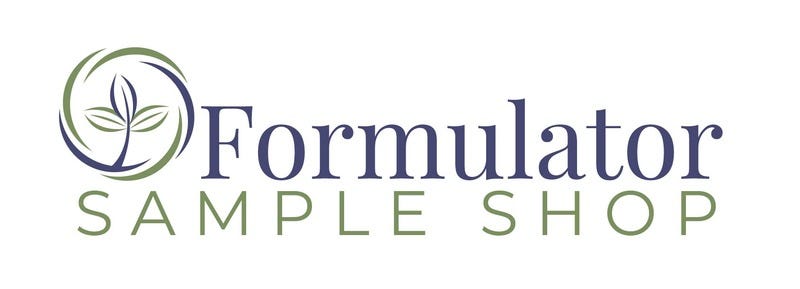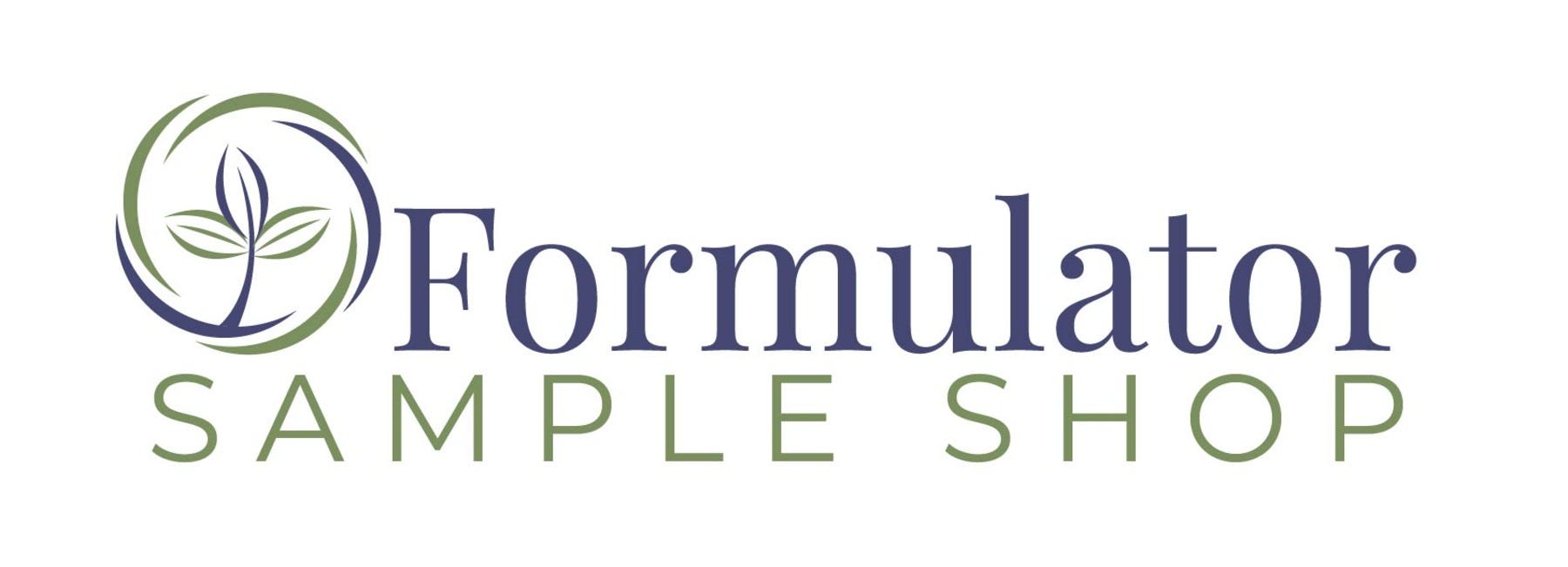FSS Cotton Extract PBF
Preserved with Phenoxyethanol
Contains Butylene Glycol
Product Application/Benefits:
Softening, Skin Barrier
Cotton is a natural fiber of plant origin similar to linen, jute or hemp. Cotton is the fruit that grows around the seeds of the cotton plant (Gossypium herbaceum), a shrub native to tropical and subtropical regions around the world, including the Americas, Asia, and Africa. The cotton flower has five large petals, which soon fall off leaving capsules or ‘cotton balls’ having a thick and rigid external layer. In warm weather, the capsule bursts open upon maturity revealing seeds and masses of creamy/white and downy fibers. Whereas by nature the plant is a perennial tree, under extensive cultivation it is mostly grown as an annual shrub. There are about 50 species of cotton although only 4 are cultivated. References point to two distinct geographical origins of cultivated cotton namely Asia and the Americas. G. herbaceum and G. arboreum are referred to as ‘Old World’ cotton while G. hirsutum and G. barbadense are referred to as ‘New World’ cotton. Originating in India, G. herbaceum is considered the most primitive cultivated cotton species. The second ‘Old World’ species, G. arboreum, is most likely a mutation selected by humans. G. hirsutum is a ‘New World’ species, which is believed to have evolved in Mexico. G. barbadense, the second ‘New World’ species produces higher quality cotton. G. barbadense is the species grown in Egypt, the source of ‘Egyptian cotton’. At least 90% of the world’s cotton is produced from the ‘New World’ cultivars: G. hirsutum and G. barbadense.
Cotton fiber, once it has been processed to remove seeds and traces of wax, protein, etc., consists of nearly pure cellulose, a natural polymer. Cotton production is very efficient, only ten percent or less of the weight is lost, in subsequent processing, to convert the raw cotton bolls into pure fiber. The cellulose is arranged in a way that gives cotton fibers a high degree of strength, durability, and absorbency. Each fiber is made up of twenty to thirty layers of cellulose coiled in a neat series of natural springs. When the cotton boll is opened, the fibers dry into flat, twisted, ribbon-like shapes and become kinked together and interlocked. The fiber is most often spun into yarn or thread and used to make a soft, breathable textile, which is the most widely used natural-fiber cloth in clothing today.
Extracts of cotton can help to sooth and protect the skin and may have mild antimicrobial activity. FSS Cotton Extract PBF may assist in improving skin barrier function and acts as a solubilizer for vitamin based formulations.


INCI Nomenclature: Butylene Glycol & Water & Gossypium Herbaceum (Cotton) Extract
Appearance: Light to Medium Amber Liquid
Solubility: Water Soluble
Suggested Use Levels: 1-10%
Formulating Guidelines: Add to your aqueous or cooling phase of your formulation
Storage: Protected from direct light and humidity at a temperature of 50°-77°F (10°-25°C)
Shelf life: 12 months from the date of manufacture.
This product should be added to a formulation at the recommended usage rate.
All products sold are cosmetic grade; External Use Only; Cosmetic & Personal Care Formulations Only.
Our products are for cosmetic and personal care formulations only; External Use Only. We recommend working with a chemist or a formulator if you’re not advanced in formulating.
Statements contained herein have not been evaluated by the Food and Drug Administration. These products are not intended to diagnose, treat and cure, or prevent disease.

